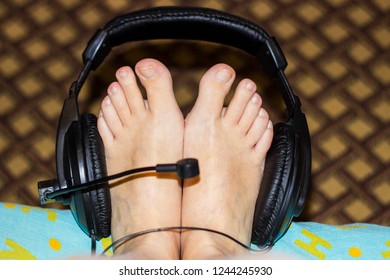In this instance, TheSonicTruth is correct and bigshot is wrong. CD for example, has a bit rate of 705,600 bits per sec (per channel), while SACD has a bit rate of 2,800,000 bits per sec (per channel). SACD has a far higher bit rate but a bit depth of only 1bit, while CD has a bit depth of 16bits. So, contrary to bigshot's assertion, higher bit rate does NOT also mean higher bit depth! Same with dynamic range, SACD only has a dynamic range of ~6dB (without noise-shaped dither), while CD has a dynamic range of ~96dB (without noise-shaped dither). So again, SACD has a far higher bit rate than CD but a far lower dynamic range.
1. You seem to think this forum (and it's members) exists for you personally. This is the Sound Science forum which as the name suggests, exists to discuss the science of sound, it's NOT the "Alrainbow learning" forum. In other words, if you really want to learn the facts/science that's good but it's your responsibility to learn, it's not our responsibility to teach you. Therefore, if you want various test files, it's up to YOU to make or find them yourself, it's not up to us to make them for you.
2. Why would it be fun for us as a group? Creating various test files for you, in order to prove something to you that science has already proven and that we already know, would not be fun, it would be boring.
If you are polite and ask questions, then the members here are generally very good at answering those questions. However you've been the exact opposite, you've been very impolite and rather than ask questions you've just make-up some false assertions, which is a perversion of this subforum and therefore even more impolite! With regards to your aiff vs flac comparison, you can easily do an equivalent test yourself: On your computer, simply select your aiff file, right click and copy & paste (or duplicate) it. Play both files and if you can hear a difference between them, either you're imagining a difference where there isn't one or you have a faulty system. A 16 vs 24bit comparison is more involved but again, if you're polite and ask, I or another member here will explain how to create the test files.
G





















